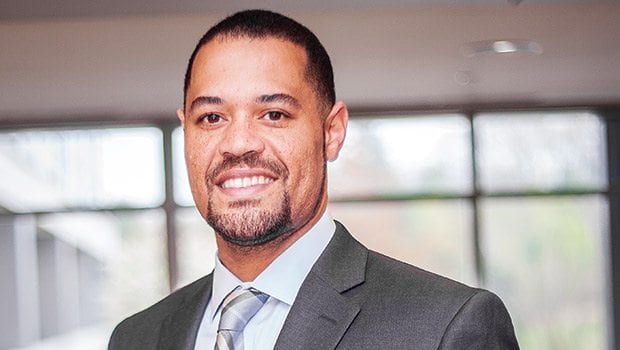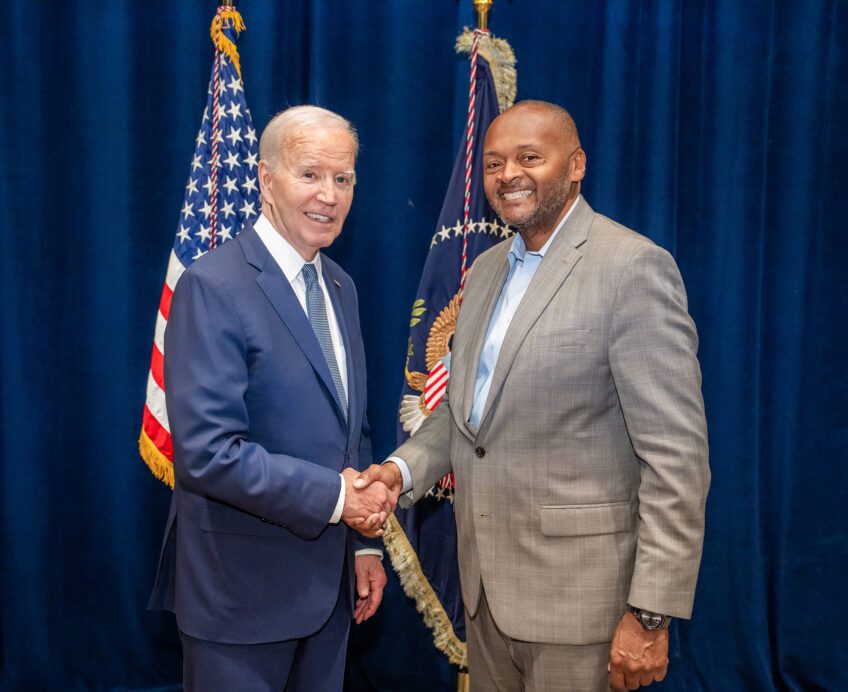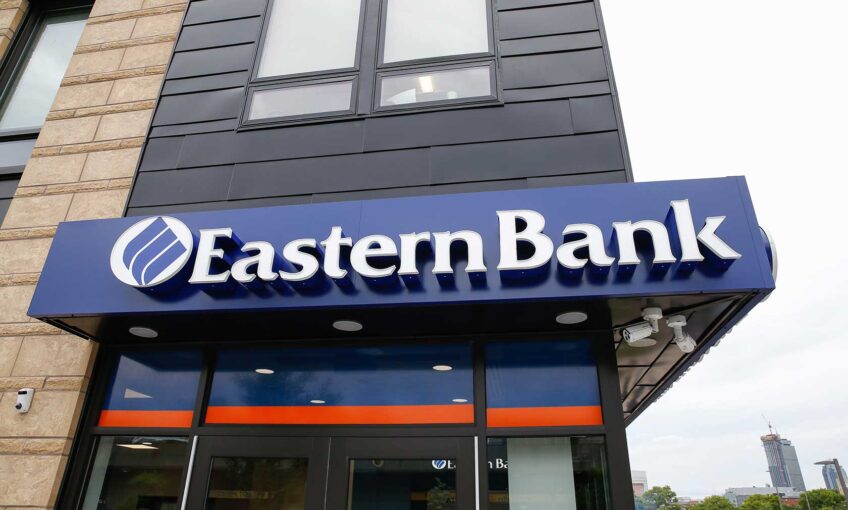
Startup small business owners have a lot on their plate and job one is usually trying to make money for their fledging company. If they are thinking about financial needs at all the most pressing one is likely to make enough to keep going. But it is never too early to start thinking about future financial stability and there are some critical early steps that can help a startup succeed.
Trevor Farrington, president and CEO of Farrington Financial Group, stressed that small business financial needs have to be part of the startup plan and a priority from the first day.
“The biggest mistake people make is thinking they can put it off,” Farrington said. “You need to put a plan in place.”

Author: Courtesy of Cambridge Trust“There’s so much more to entrepreneurship than simply having a great idea. It requires the collaborative efforts and skills of both the inventor and entrepreneur profiles to turn an idea into a business.” — Jane Mason, Vice President and Manager, Innovation Banking at Cambridge Trust Company
Early considerations affect income, the business as a whole, employees, even protection for catastrophic events that could impact business assets.
“With small businesses a lot of those owners work very hard and make a lot of sacrifices to grow their business and they need to put as much energy into protecting it as building it,” Farrington added. “You want to have the foundation of protecting your income and your business with some type of insurance.”
Another smart early financial move is to try and establish the value of the business. This valuation can help a small business with taxes, working with partners and buy or sell agreements.
Retirement planning for business owners and employees also is essential as it is the lifeblood of a business.
“With small businesses or growing businesses the risk is really with the business owner and its employees,” said Farrington. “You really have to take care of the business correctly and you have to take care of the employees.”
A small business typically works with an accountant, an attorney and a financial professional in some capacity and will need to coordinate financial matters amongst them all.
Jane Mason, vice president and manager of Innovation Banking at Cambridge Trust Co. adds an interesting twist to the discussion about ensuring the financial needs of a startup: Sometimes it is a mindset issue.
To be successful, a small business needs an inventor — someone to come up with a product to sell — and an entrepreneur — someone who figures out how to establish a business that makes money around selling a product. This actually can be the same person, but a big challenge for a small business is that many startup owners are inventors who come up with a great idea for a product, but are not entrepreneurs and have no real clue how to do so in a way that will be profitable.
It’s the entrepreneurs who make sure the financial needs of a small business are considered and handled on the path to success. The startup junk pile is littered with corpses of businesses started by inventors with sellable products but a failed business plan to get to market. And there is also a large pile of dead businesses started by entrepreneurs with a good business plan but poor products.
“When working in concert, however, an inventor can generate a robust pipeline of ideas and an entrepreneur can identify the most promising commercial prospects that can be translated into economic success,” Mason said. “There’s so much more to entrepreneurship than simply having a great idea. It requires the collaborative efforts and skills of both the inventor and entrepreneur to turn an idea into a business.”






